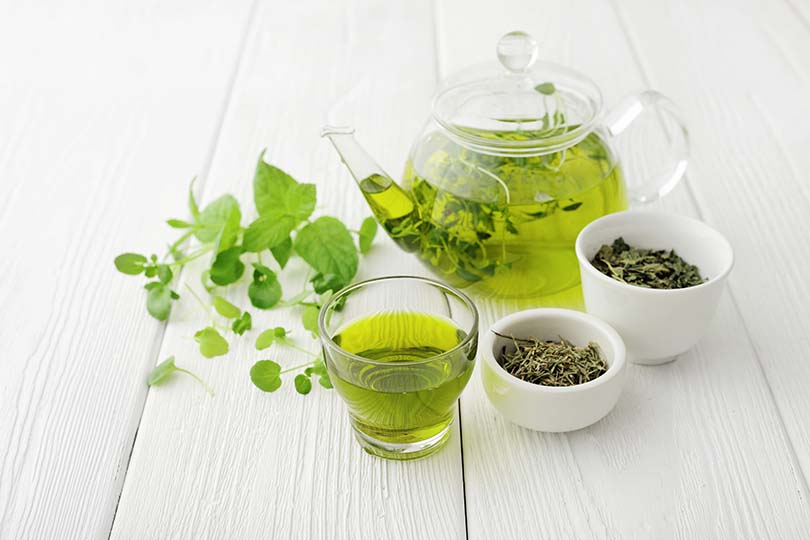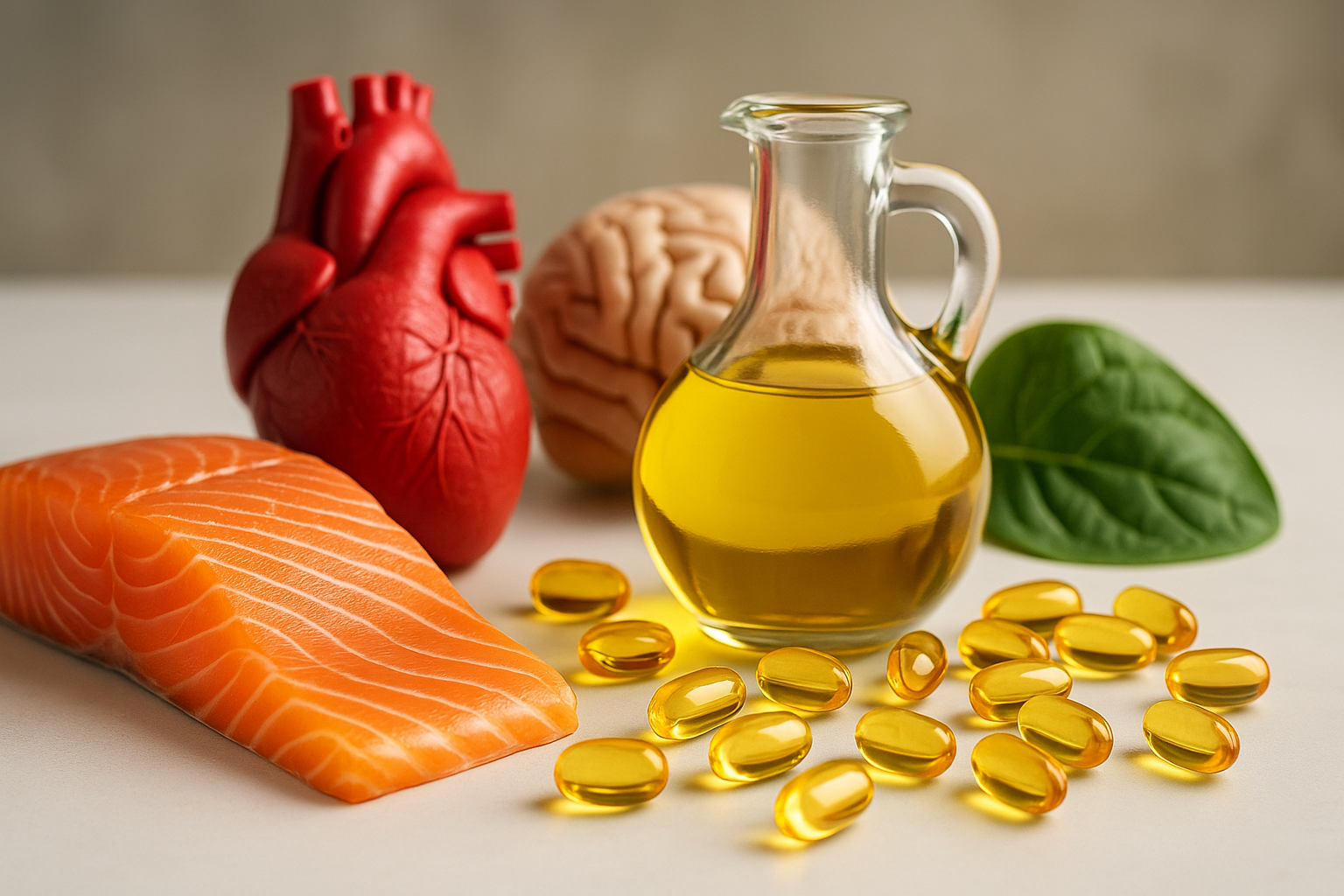
Green tea has been consumed for thousands of years for pleasure and better health. Now a study has even found that the plant compound catechins from green tea leaves can help against Alzheimer's.
"The first cup nets my lips and throat. The second scares away my loneliness, the third penetrates my barren insides to find nothing in them but a few five thousand volumes of whimsical ideograms. The fourth cup arouses a light sweat - all the badness of life fades away through my pores. By the fifth cup I am purified; the sixth calls me to the realm of the imperishable. The seventh cup - ah, but I cannot drink any more. I only feel the cool breeze that catches in my sleeves. Paradise, where is it? Let me sail with this lovely breeze and float there."
This is what Lo-Tung, poet of the Tang dynasty, wrote about 1500 years ago. But what is he actually talking about? Exactly, green tea, the legendary drink of ancient China! This was discovered long before Lo-Tung's euphoric text, namely about 5000 years ago. At that time, one of the mythical first emperors of China, Shen Nung, sat in the shade of a bush to boil water to refresh himself. While the water was boiling, the wind blew leaves from this shrub into the pot of boiling water. When Shen Nung drank the greenish water, he immediately felt the pleasantly refreshing, stimulating effect of this drink and immediately developed the Chinese character for it: "Cha". To this day, this character stands for "tea".
A lot of caffeine in green tea
In 2732 B.C., Shen Nung is said to have summarised the effects of tea and other medicinal herbs he discovered in a book in which he mentioned important physiological and psychological effects of caffeine, of which green tea contains a great deal. In the book, he reports on the diuretic, bronchodilating, stimulating and mood-lifting effects of tea.
It is true that information on the healing properties of tea is only found in editions of the legendary emperor's book from the seventh century of our era. But even in prehistoric times, tea was considered a valuable product. For example, archaeologists found tea in the tomb of a ruler of the Han Dynasty in western Tibet, who died about 2100 years ago. But since tea cannot grow in this part of Tibet, there must have already been a lively trade in it - so the ancients had already recognised the importance of tea for themselves!
Tea as a substitute for alcohol
Around 220 B.C., for example, the physician and surgeon Hua Tao reported that tea increased attention and concentration, and a general wanted to drink tea against his depression. Later, due to the rampant consumption of rice wine in China, Emperor Wu Ti is said to have promoted tea as a substitute for alcohol, which his successors continued to pursue vigorously. Thus, tea slowly began to establish itself as a stimulant from the fourth century AD onwards. Today we know much more about the effect of the caffeine in green tea. For one thing, we consume considerably less caffeine per cup than with a cup of coffee. This is because much more coffee powder is used for a cup of coffee than tea leaves for a cup of tea. However, green tea is much more effective. This is because caffeine in green tea does not pass through the stomach in a jerky way (as it does with coffee), but enters the bloodstream slowly through the intestines.
Green tea could even help against Alzheimer's
By the way, the Japanese "Ohsaki Study" with more than 40,000 adults aged 40 to 79 years found that green tea is good for the heart. The participants drank at least five cups of green tea every day - with excellent results: Among the male test participants, the mortality rate fell by twelve percent, among the female participants by 23 percent. And between 2000 and 2013 alone, several dozen studies showed that green tea active ingredients have a positive influence on body weight.
Another study from the USA indicates that green tea can even help against Alzheimer's, the most common dementia disease. The study of the research team around Dana Cairns was published in the journal "Free Radical Biology and Medicine". In the study, various active substances were tested that are supposed to inhibit the so-called Alzheimer's plaques. The plaques are structurally altered areas in the brain that trigger the disease. The plant substance catechins, which is found in green tea, for example, can fight the plaques. It is suspected that it could slow down the onset of the disease and possibly even prevent it completely. In total, the researchers examined 21 different substances for their ability to prevent the growth of so-called beta-amyloid plaques.
By the way: If you don't like drinking green tea because of its somewhat bitter taste, you can also take the natural active ingredients in capsules. It is important to pay attention to the quality. For very high-quality green tea vital substances, you should only use the spring or winter harvest, because the great heat of summer considerably impairs the quality of the tea leaf.
This text
may contain translation errors as the translation was done by an online
translation tool.










